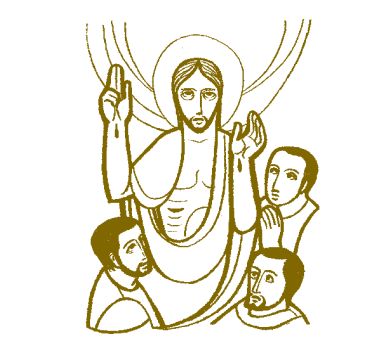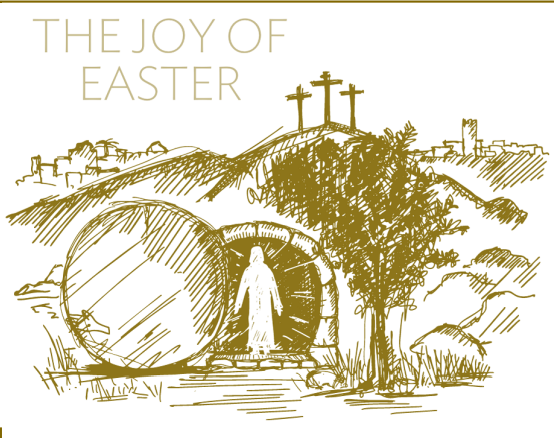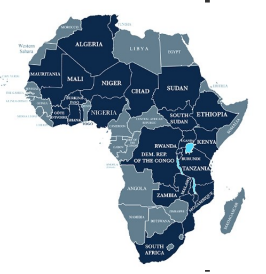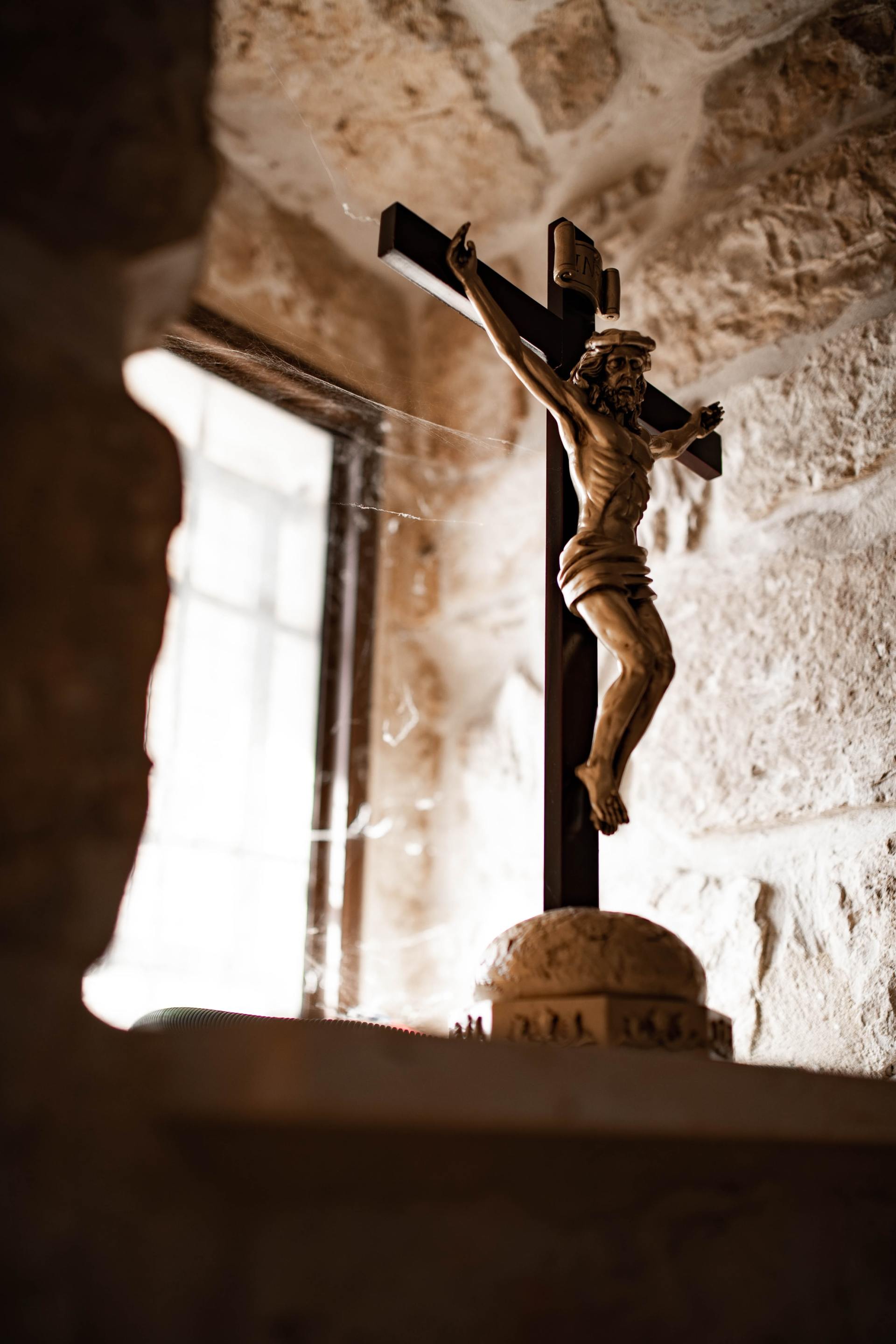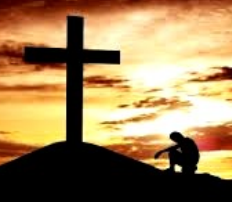Leave some for others . . .

Jesus’ Jewish listeners would have been immediately suspicious about the immense wealth of the rich farmer in the parable today. Any good Jew of the time would have known the common teaching in many Old Testament readings of the responsibility for land owners to share their excess produce with the poor, the widow, the orphans or the strangers. For example, Deuteronomy says “When you reap your harvest in your field and forget a sheaf in the field, you shall not go back to get it; it shall be left for the alien, the orphan, and the widow ... When you beat your olive trees, do not strip what is left; it shall be for the alien, the orphan, and the widow. When you gather the grapes of your vineyard, do not glean what is left; it shall be for he alien, the orphan, and the widow. Remember that you were a slave in the land of Egypt: therefore I am commanding you to do this” (Deut. 24: 19-22). Likewise, Leviticus teaches, “When you reap the harvest of your land, you shall not reap to the very edges of your field or gather the fallen grapes of your vineyard; you shall leave them for the poor and the alien” (Lev. 19:9-10). On top of these teachings were continual reminders that the first tenth of all produce should be tithed, or given back to God.
So, it is likely that Jewish listeners probably understood Jesus’ parable as a warning against the greed of a farmer who may not have shared his excess with the poor as his religion required of him. The ending of the parable also reminds us that no matter how wealthy or comfortable we are in this life (maybe at the expense of the poor) we cannot take anything with us when we die. We’ll never see a hearse pulling a removals van!
Questions of the week
What is your first reaction to this parable? How or what do you think about the rich man?
What are you attached to in an unhealthy way that you would like to find freedom from before your death
